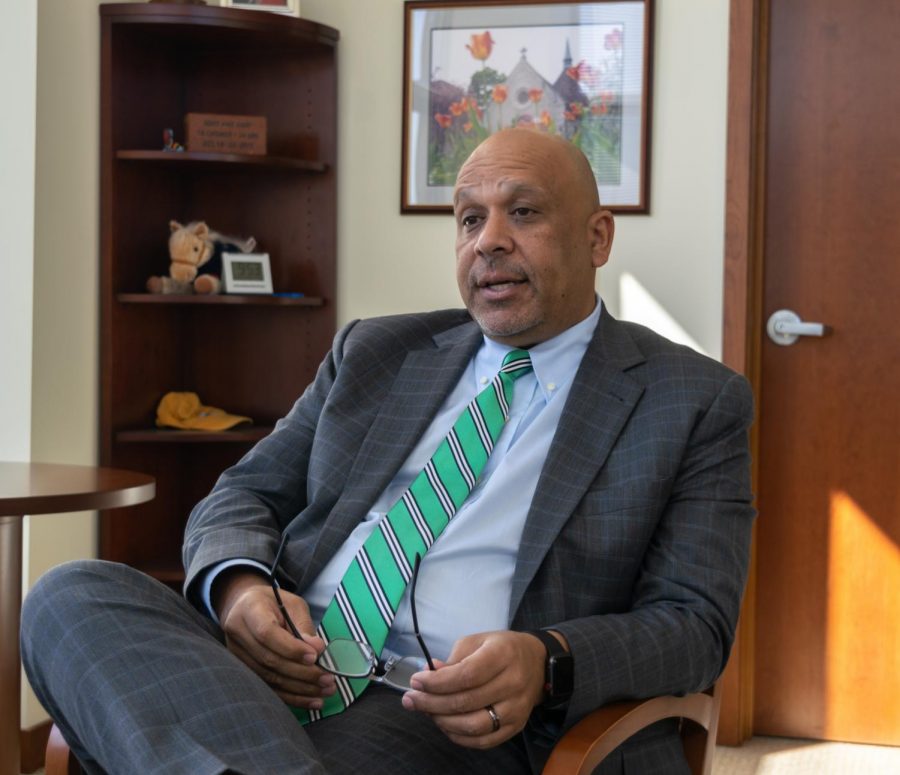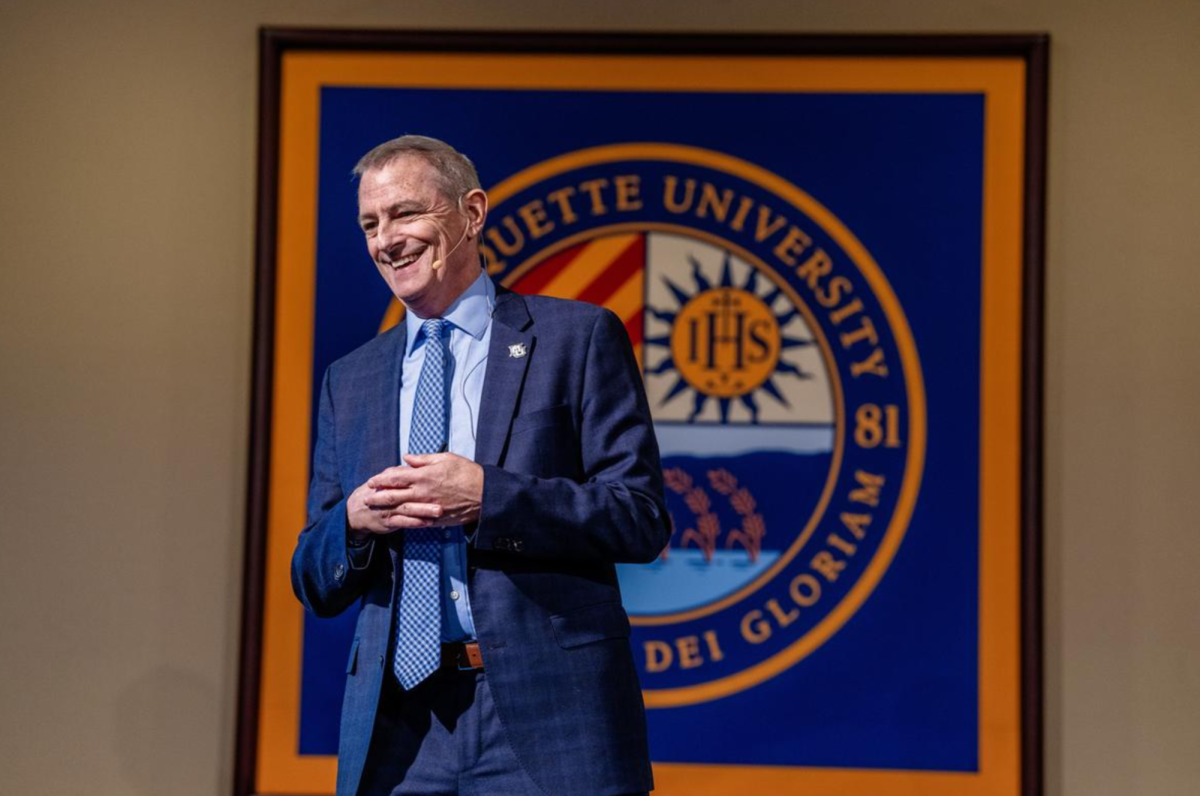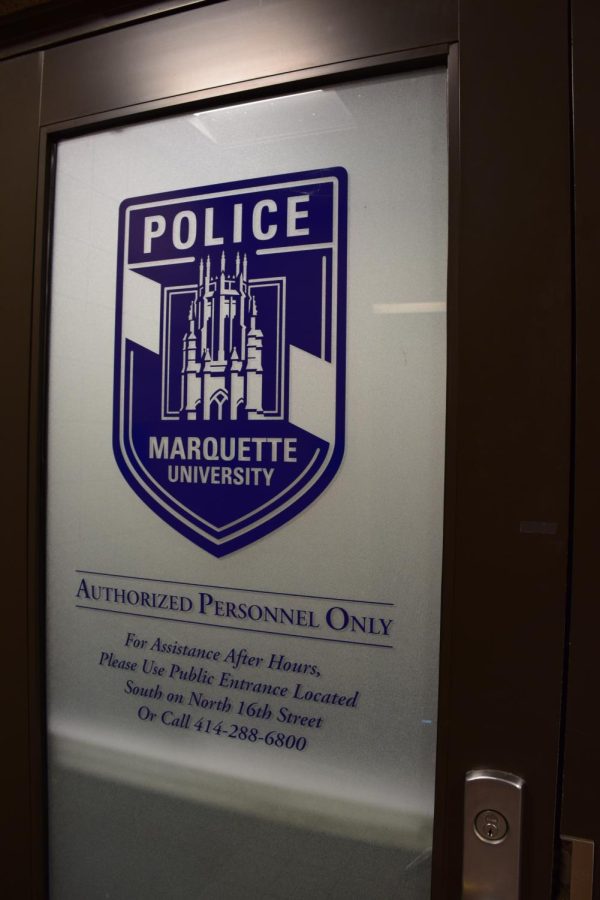
There was not a lot of love in Madison, Wis. this Valentine’s Day. Thousands of protesters gathered in front of the capitol and the Governor’s Mansion. Republican Gov. Scott Walker proposed a budget repair bill Feb. 11, which would cut the benefits of many public employees of the state.
The proposal led to a bitter political battle that set Madison in the national spotlight. Now that the dust has (mostly) settled, it’s time to look back at all that’s happened.
Walker’s initial proposals planned to eliminate most unions’ collective bargaining rights. State employee contracts would be limited to one year. Employers would not be able to collect union dues, and those involved with collective bargaining would not have to pay union dues. Public employees would be required to cover at least 12 percent of their healthcare premiums and contribute 5.8 percent of salaries toward retirement benefits. These changes would exclude local and state law enforcement and fire department employees, all of which supported Walker in the last election.
The bill cut $800 million from education and other state spending to reduce Wisconsin’s budget deficit.
Union members and supporters were outraged, claiming Walker’s intention was to eliminate unions altogether – and so the protests began.
On March 10 the Wisconsin Congress passed the 2011-’12 budget repair bill, but the measure is now stuck in court and has not taken effect.
Karen Hoffman, visiting professor of political science, said she has seldom seen a legislative branch so willing to give full power to the executive branch.
“I suppose it might seem fine because (the legislature) agrees with him right now,” Hoffman said. “Usually, a branch of government ultimately … tries to take back things that it gives away. It’s not always easy.”
Prolonged protests
“We must take immediate action to ensure fiscal stability in our state,” Walker said in a Feb. 11 press release, when he revealed his budget repair bill. “This budget repair bill will meet the immediate needs of our state and give government the tools to deal with this and future budget crises.”
Initial protests lasted more than two weeks, leading many school districts, including Milwaukee Public Schools, to cancel classes for several days when so many employees were absent to protest.
“These cuts will slash funding for after-school programs, anti-drug and violence campaigns, and arts and sports programs,” said Andrew Suchorski, a junior in the College of Arts & Sciences and College Democrats Communications Director.
“Removing collective bargaining will hamper MPS’ ability to attract good teachers, and class sizes will skyrocket to 30, 35 or even 40,” Suchorski said. “This is not the way to combat poor test scores, poverty and crime. Instead, Scott Walker’s agenda will make MPS and their students even poorer.”
Suchorski said the Catholic Church’s stance on the debate has been largely ignored.
Suchorski said the Church strongly opposes the bill. Pope Benedict XVI has spoken publicly about the importance of defending workers’ rights.
“As students at a Jesuit university, we are called to look out for workers in our community,” Suchorski said. “We can start by opposing Scott Walker’s assault on worker’s rights in Wisconsin.”
Walker’s supporters were also represented at the Madison protests, though they were far outnumbered.
The protests continued for weeks, with nearly 70,000 people showing up at times. Many organizations actively encouraged protesters, including the Wisconsin Education Association Council. Famous actors, musicians and activists like the Rev. Jesse Jackson also made appearances.
Despite enthusiasm about such political fervor, many were upset schools had to close on multiple occasions. Others say this did little harm to students’ long-term education.
“It wasn’t that the teachers wanted to deprive students of education,” she said. “They weren’t using it as a tool like that, which was good.”
Shannon Rohn, a sophomore in the College of Arts & Sciences and a member of College Republicans, said she thought the protests were excessive. She said she doesn’t have a problem with protesting, but didn’t support out-of-state residents participating in the protests.
Hoffman said the debate about cutting spending is not unique to Wisconsin — it can be seen at a national level.
“This really is a national debate that’s happening in Wisconsin,” Hoffman said. “Certainly every state is talking in some kind of way about cutting spending — everyone wants to cut spending, but people tend to not want those cuts to affect themselves.”
“I wouldn’t say I think (the teachers) were wrong,” Hoffman said. “I wouldn’t say they were right, either.”
Polarizing effects
There are few things in society as polarizing as politics. However, Hoffman and Rohn both think it does not have to be that way.
Julia Azari, assistant professor of political science, said the bill’s effect on public services created most of the controversy.
“One reason that the bill has been so polarizing is that it has not only taken on the right to organize, but also many public services on which people depend,” Azari said.
She said the Democrats need to focus on the argument that schools and libraries need to be protected because they are a “way of life” that should not be changed.
“If you’re going to have a discussion about cutting something in the budget, does it have to mean that one side of this is the devil? The demonizing of opposition is very disturbing on both sides,” Hoffman said.
Rohn said it can be frustrating as a Republican college student, especially when people assume all students lean liberal.
“People look at me as a conundrum and not as a person,” Rohn said. “It’s difficult to be a Republican on campus where you feel so much opposition.”
Rohn said she was disappointed people were celebrating the 14 Democratic senators who fled the state in order to avoid signing Walker’s bill.
The Republicans were able to pass the bill without a quorum, having changed hardly anything. According to the Wisconsin GOP’s website, the state constitution requires a three-fifths quorum of the Senate to pass legislation that “imposes, continues or renews a tax, or creates a debt or charge, or makes, continues or renews an appropriation of public or trust money, or releases, discharges or commutes a claim or demand of the state.”
On Feb. 17, 14 Democratic senators left the state to prevent voting on the bill. The remaining legislators revised the proposed bill to eliminate the need for a quorum to vote, and the direct appropriation of funds. The Republicans argued the bill did not appropriate funds.
The Democrats returned March 12, one day after Walker signed the bill into effect.
“It wasn’t effective in terms of stopping (the bill), I guess it was effective in making people at least talk about it,” Hoffman said.
Hoffman said both parties used any means possible to gain an advantage. The Democrats attempted to exploit the quorum requirement, the Republicans slightly altered the bill’s wording and eliminated provisions that specifically appropriate funds in order to vote and pass the bill.
Uncertain future
The future of Wisconsin seems unclear at this point. Some protesters were still in the Capitol after Walker’s bill passed in early March.
“The questions of taxes and public spending have become central to the Republican Party’s national message,” Azari said. “What has been interesting is the possibility for the Wisconsin bill to actually contribute to the formation of a core of beliefs or policy issues for the Democrats, which they seem to have been lacking in recent election cycles.”
Though the Governor signed this bill, it has not been put into effect, as ruled by a Wisconsin State judge. It will likely reach the Wisconsin Supreme Court before directly affecting the public.




